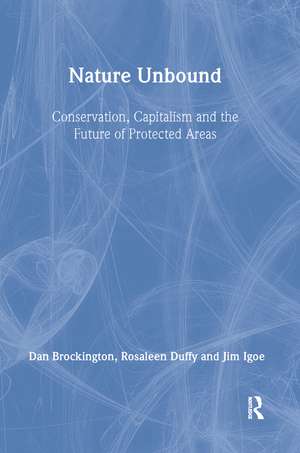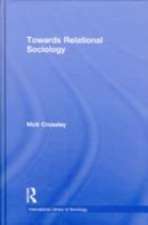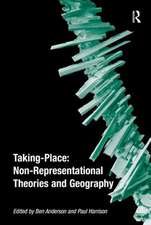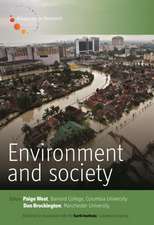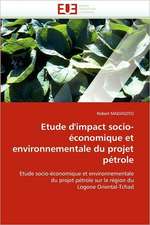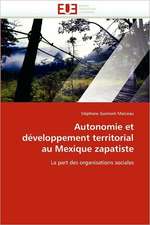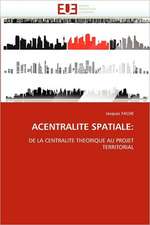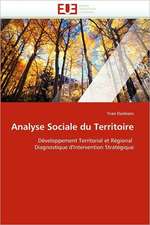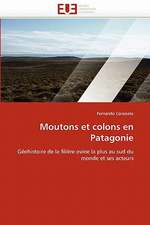Nature Unbound: Conservation, Capitalism and the Future of Protected Areas
Autor Dan Brockington, Rosaleen Duffy, Jim Igoeen Limba Engleză Hardback – 6 noi 2008
| Toate formatele și edițiile | Preț | Express |
|---|---|---|
| Paperback (1) | 371.30 lei 6-8 săpt. | |
| Taylor & Francis – 28 oct 2008 | 371.30 lei 6-8 săpt. | |
| Hardback (1) | 849.37 lei 6-8 săpt. | |
| Taylor & Francis – 6 noi 2008 | 849.37 lei 6-8 săpt. |
Preț: 849.37 lei
Preț vechi: 1216.76 lei
-30% Nou
Puncte Express: 1274
Preț estimativ în valută:
162.53€ • 170.04$ • 135.01£
162.53€ • 170.04$ • 135.01£
Carte tipărită la comandă
Livrare economică 02-16 aprilie
Preluare comenzi: 021 569.72.76
Specificații
ISBN-13: 9781844074419
ISBN-10: 1844074412
Pagini: 264
Dimensiuni: 156 x 234 x 23 mm
Greutate: 0.54 kg
Ediția:1
Editura: Taylor & Francis
Colecția Routledge
Locul publicării:Oxford, United Kingdom
ISBN-10: 1844074412
Pagini: 264
Dimensiuni: 156 x 234 x 23 mm
Greutate: 0.54 kg
Ediția:1
Editura: Taylor & Francis
Colecția Routledge
Locul publicării:Oxford, United Kingdom
Cuprins
Preface1: Nature Unbound2: Histories and Geographies of Protected Areas3: The Imperatives for Conservation4: The Power of Parks5: Local Management of Natural Resources6: Conservation and Indigenous Peoples7: The Spread of Tourist Habitat8: International Conservation9: Conservation and CapitalismIndex
Notă biografică
Daniel Brockington is Senior Lecturer at the Institute for Development Policy and Management, Manchester University, UK. Rosaleen Duffy is Professor of International Politics at Manchester University, UK and author of A Trip Too Far (2002). Jim Igoe is Assistant Professor at the Department of Anthropology, Dartmouth College, USA.
Recenzii
'Environmental conservation is pervasive and contentious. Nature Unbound does more than summarize its history and characteristics; it also, crucially, transcends the contention by analysing conservation in terms that will re-shape the debate. The authors ask about the gains and losses of conservation, and how they are distributed. In answering these questions, they offer a persuasive description of the institutions and practices of conservation in an unequal, capitalist world.'James G. Carrier, Oxford Brookes University and Indiana University'This is an exciting book that summarises the debates about conservation with clarity and depth, but takes them several stages further to confront the reader to recognise themany ways in which conservation practices shape and are shaped by contemporary capitalism. It deserves to be read in New Zealand, where conservation, like anywhere else, is anything but unproblematic. It is, however, frequently constructed as such: to the extent that we seem often to lack the analytical tools to engage in proper debate. In contrast, this book provides plenty.'New Zealand Geographer
